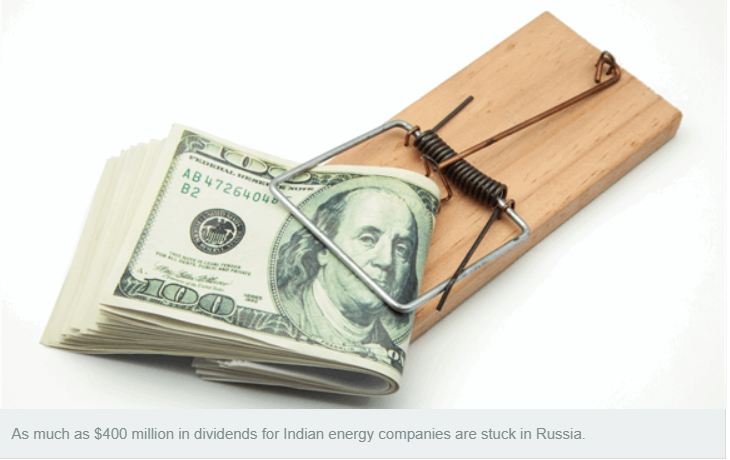

fetching latest news
News tagged in:

India’s energy companies are unable to reap dividends worth as much as $400 million from their assets in Russia, a senior oil ministry official said Saturday.
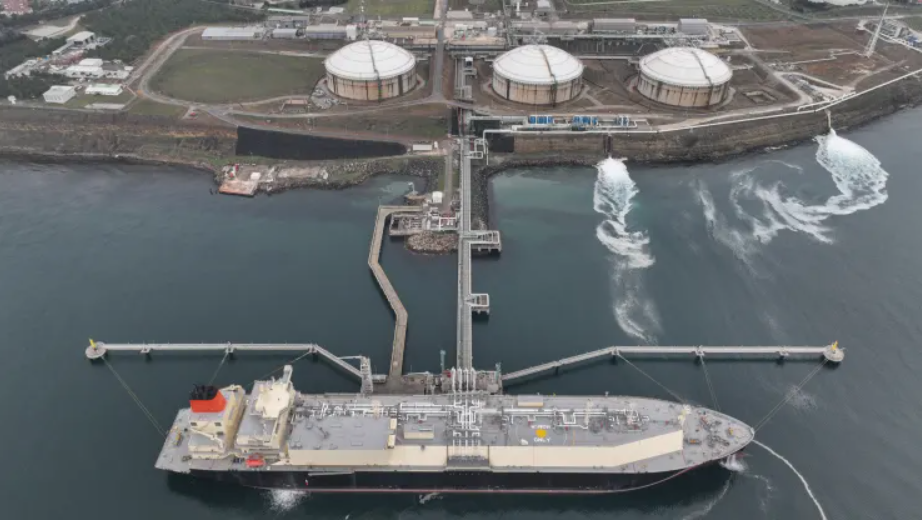
Russia’s inability to purchase liquefaction modules (which enable natural gas to be converted into LNG) will hamper its ambitions, said S&P’s Director of South and Southeast Asia Gas, Zhi Xin Chong.
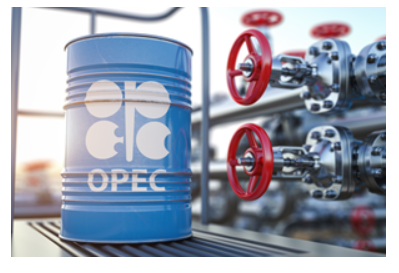
Several OPEC+ members shocked the market over the weekend, announcing further voluntary supply cuts. These cuts were announced ahead of the Joint Ministerial Monitoring Committee (JMMC) meeting scheduled for April 3, where the expectation was that the committee would recommend keeping output policy unchanged.
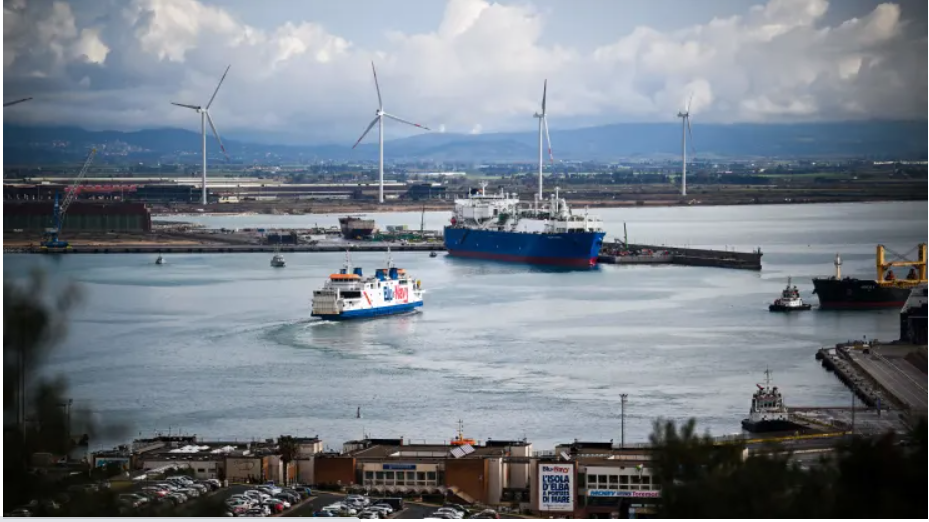
Several European countries have announced new LNG projects or the expansion to existing ones in response to the shutdown of Russian gas pipelines. The scramble to cover future energy needs, however, puts European countries at risk of wasting colossal sums of money, according to the Institute for Energy Economics and Financial Analysis.
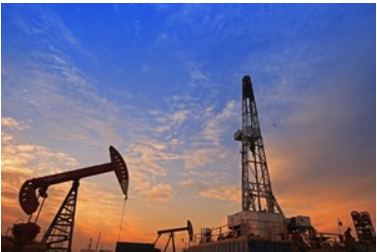
On Day Two of CERAWeek 2023 by S&P Global (CERAWeek), a session entitled, “Oil & Gas: Leading for the decade,” featured a discussion with Hess Corporation CEO John Hess and ConocoPhillips Chairman and CEO Ryan Lance, hosted by S&P Global Vice Chairman Dan Yergin. And both chiefs wasted no time diving into the challenges and opportunities that operators face now and in the future.
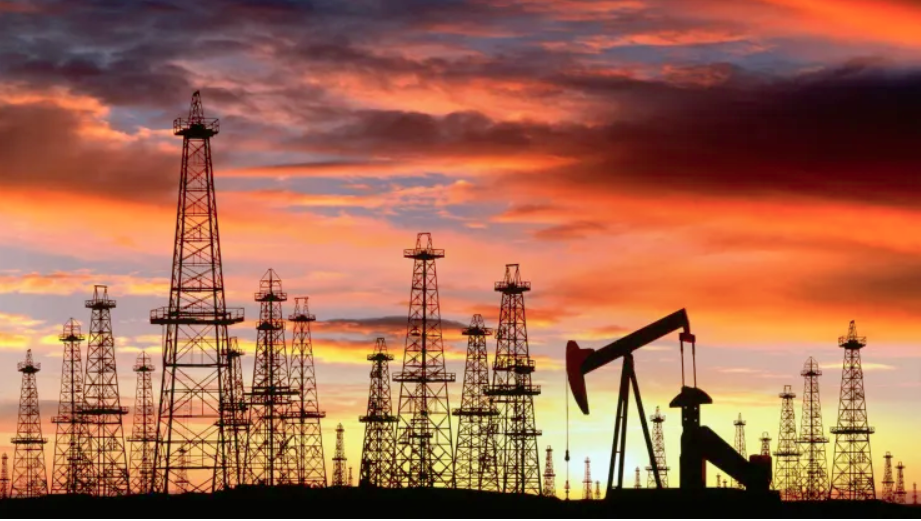
Kazakhstan’s ability to diversify its seaborne crude oil export routes away from Russian territory is critical to the country’s economy, the developer of an alternative port told CNBC. Semurg Invest has been working to develop the Kuryk port on the eastern coast of the Caspian Sea — a project that includes a bulk cargo terminal, designed for the transshipment of oil, bulk oil cargo and liquefied petroleum gas.
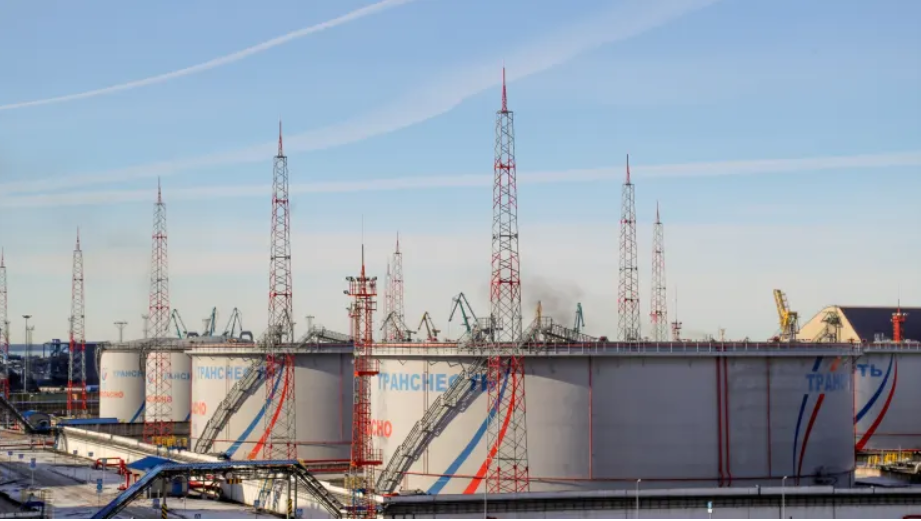
The European Union’s embargo on Russian oil products came into effect on Feb. 5, building on the $60 oil price cap implemented by the G-7 (Group of Seven) major economies on Dec. 5. China, India and Turkey in particular have ramped up purchases to partially offset a fall in Russian crude exports to Europe of 400,000 barrels a day in January.
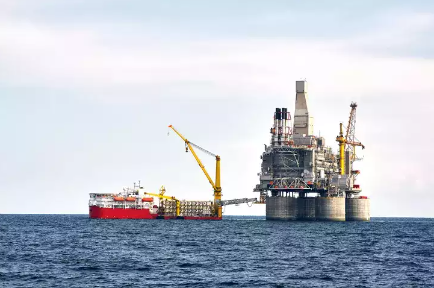
While Russia is "unlikely" to carry out acts of sabotage on Norwegian territory in 2023, this could change if Moscow's willingness to escalate the conflict with NATO and the West were to increase, PST said.
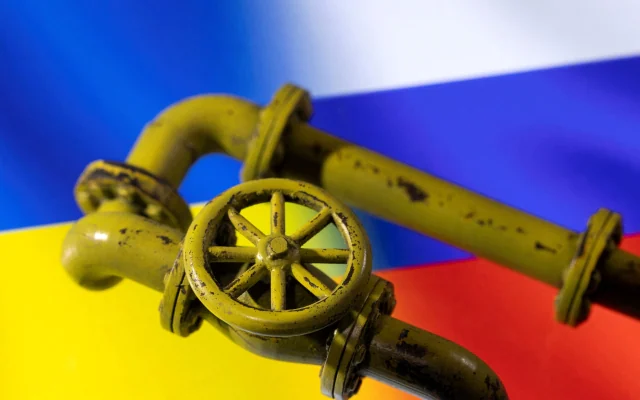
As Germany scrambles to avert a fuel crisis this winter, one rural district has become a role model for how the country might wean itself off dwindling imports of Russian gas - by producing all the energy that it consumes itself. The western district of Rhein-Hunsrueck uses a combination of solar, wind and biofuel to generate enough power to run its homes, public buildings and businesses, with enough left over to contribute to an electric car-sharing service and e-bikes. "Up until 1995, not a single kilowatt hour of energy used in our district was produced by us. Everything had to be imported," said Frank-Michael Uhle, the district's climate protection manager.

As Germany scrambles to avert a fuel crisis this winter, one rural district has become a role model for how the country might wean itself off dwindling imports of Russian gas - by producing all the energy that it consumes itself. The western district of Rhein-Hunsrueck uses a combination of solar, wind and biofuel to generate enough power to run its homes, public buildings and businesses, with enough left over to contribute to an electric car-sharing service and e-bikes. "Up until 1995, not a single kilowatt hour of energy used in our district was produced by us. Everything had to be imported," said Frank-Michael Uhle, the district's climate protection manager.
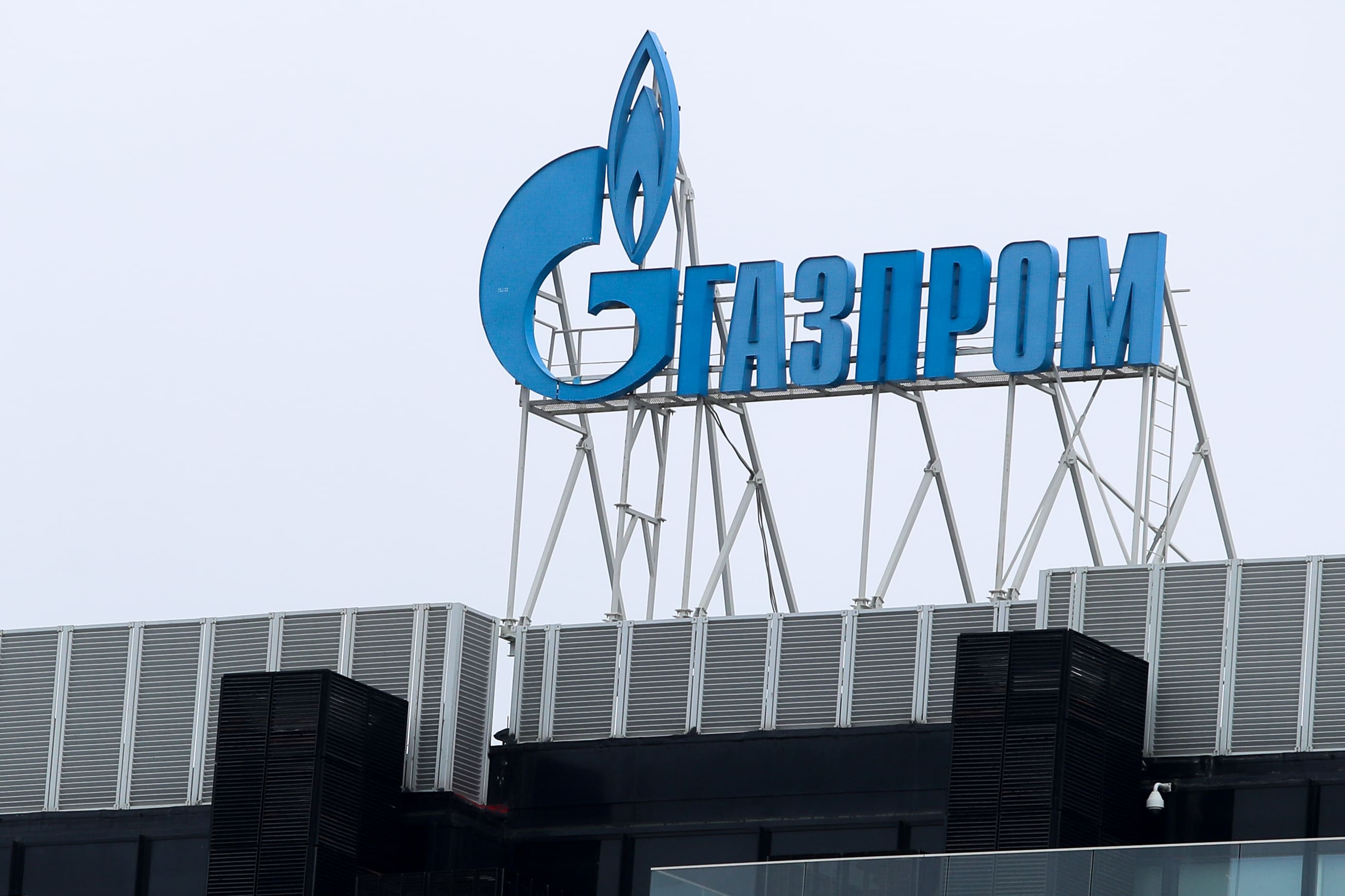
Russia tightened its gas squeeze on Europe on Monday as Gazprom said supplies through the Nord Stream 1 pipeline to Germany would drop to just 20% of capacity. Gazprom said flows would fall to 33 million cubic metres per day from 0400 GMT on Wednesday - a halving of the current, already reduced level - because it needed to halt the operation of a Siemens gas turbine at a compressor station on instructions from an industry watchdog. Germany said it saw no technical reason for the latest reduction, which comes as Russia and the West exchange economic blows in response to what Moscow calls its special military operation in Ukraine.

Russia tightened its gas squeeze on Europe on Monday as Gazprom said supplies through the Nord Stream 1 pipeline to Germany would drop to just 20% of capacity. Gazprom said flows would fall to 33 million cubic metres per day from 0400 GMT on Wednesday - a halving of the current, already reduced level - because it needed to halt the operation of a Siemens gas turbine at a compressor station on instructions from an industry watchdog. Germany said it saw no technical reason for the latest reduction, which comes as Russia and the West exchange economic blows in response to what Moscow calls its special military operation in Ukraine.
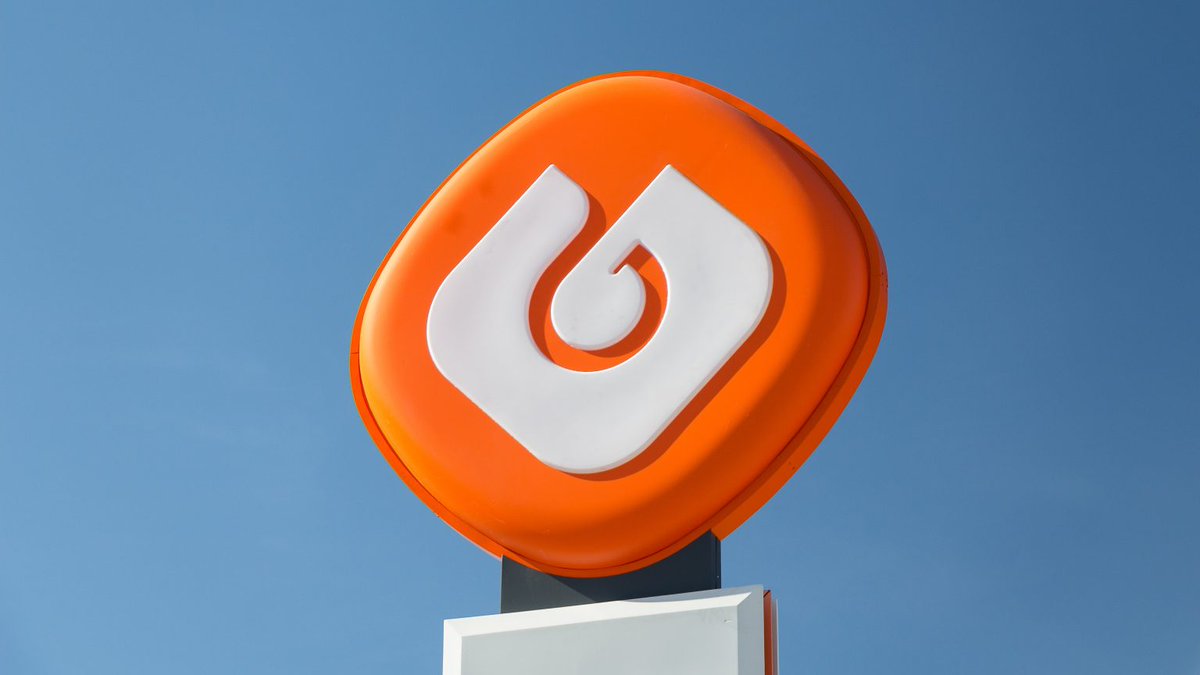
Portuguese oil and gas company Galp Energia reported a 90% jump in adjusted second-quarter profit on Monday, citing soaring oil prices and a sharp increase in its refining margin. Rapid recovery in demand after pandemic lockdowns and a surge in energy prices driven by Russia's invasion of Ukraine have boosted profits for oil companies around the globe.

Portuguese oil and gas company Galp Energia reported a 90% jump in adjusted second-quarter profit on Monday, citing soaring oil prices and a sharp increase in its refining margin. Rapid recovery in demand after pandemic lockdowns and a surge in energy prices driven by Russia's invasion of Ukraine have boosted profits for oil companies around the globe.
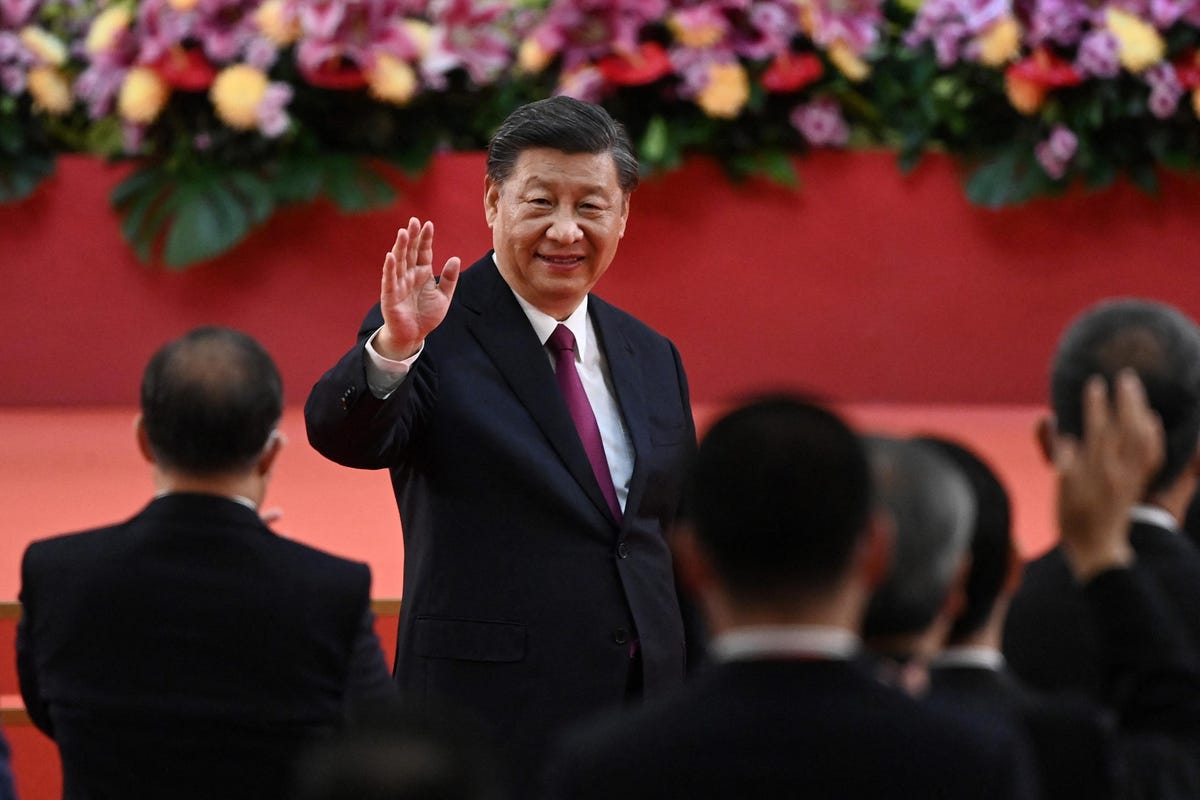
China's finance and investment spending in Belt and Road countries fell slightly in the first half compared to a year earlier, with no new coal projects and investments in Russia, Egypt and Sri Lanka falling to zero, new research showed. Saudi Arabia was the biggest recipient of Chinese investments over the period, with about $5.5 billion, According to the Shanghai-based Green Finance and Development Center (GFDC) in research published on Sunday.

China's finance and investment spending in Belt and Road countries fell slightly in the first half compared to a year earlier, with no new coal projects and investments in Russia, Egypt and Sri Lanka falling to zero, new research showed. Saudi Arabia was the biggest recipient of Chinese investments over the period, with about $5.5 billion, According to the Shanghai-based Green Finance and Development Center (GFDC) in research published on Sunday.
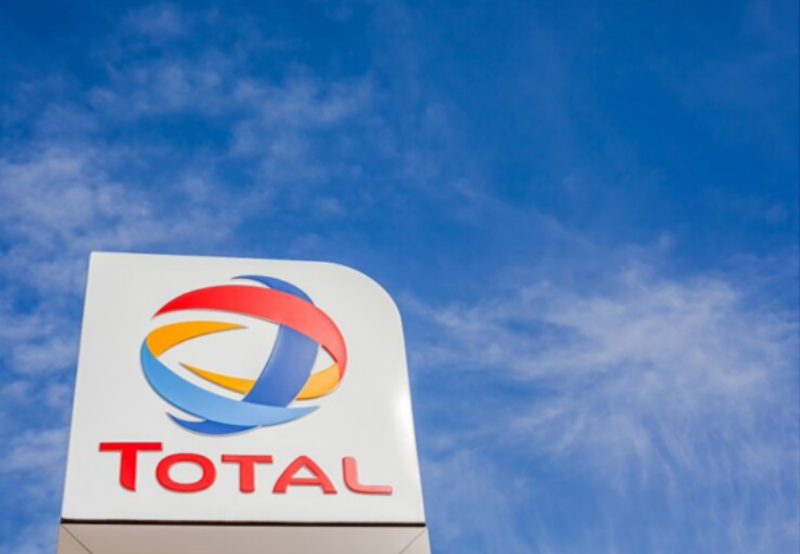
French oil and energy company TotalEnergies has begun production from the Ikike field in Nigeria, which is expected to deliver peak production of 50,000 barrels of oil equivalent per day by the end of 2022, it said on Monday. The European Commission's deputy director general for its energy department this month said that the European Union was seeking additional gas supplies from Nigeria as the bloc prepares for potential Russian supply cuts.

French oil and energy company TotalEnergies has begun production from the Ikike field in Nigeria, which is expected to deliver peak production of 50,000 barrels of oil equivalent per day by the end of 2022, it said on Monday. The European Commission's deputy director general for its energy department this month said that the European Union was seeking additional gas supplies from Nigeria as the bloc prepares for potential Russian supply cuts.